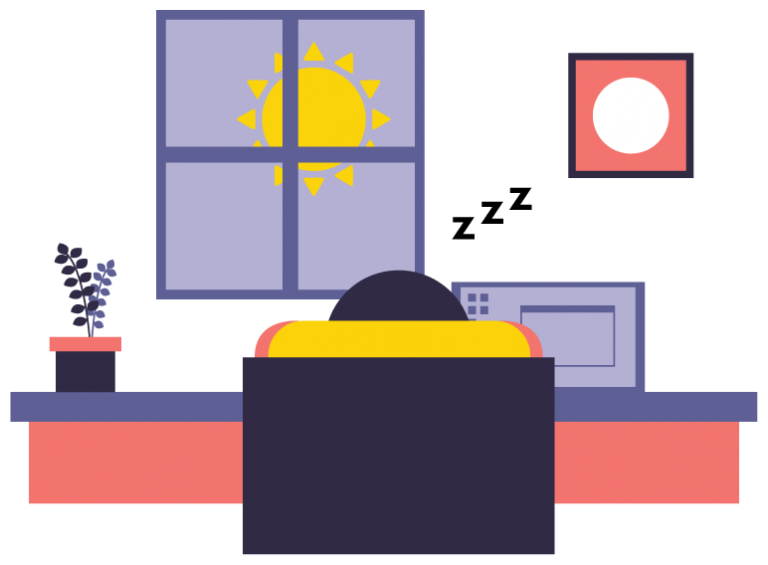NARCOLEPSY

What is Narcolepsy?
This neurologic sleep disorder is a chronic sleep condition with no known cure. The exact cause of narcolepsy is unknown. It appears an individual has a pre-existing genetic susceptibility that is triggered by an infection which usually occurs during the child or teenage years. The immune system then mistakenly attacks cells in the brain that produce hypocretin, leading to low levels of this brain chemical which regulates sleep, wake and appetite. Those suffering from this disease are often misunderstood and labeled as lazy, thus adding to the burden of this disease.
Major Symptoms of Narcolepsy
Excessive Daytime Sleepiness – an uncontrollable urge to sleep during the daytime
Sleep disruption – ironically, people with narcolepsy have a difficult time staying asleep at night
Cataplexy – loss of muscle tone and control with sudden strong emotion, like a burst of laughter or surprise
Sleep Paralysis – a feeling that you are awake but you cannot move
Hallucinations – seeing people or things that are not there, especially at the onset of sleep
Microsleeps and automatic behavior – you function but without conscious awareness
Diagnosing Narcolepsy
A preliminary diagnosis can be made based on symptoms. Further evaluation and testing is often done, involving an overnight sleep study followed by a nap test the following day. These tests can also help rule out other sleep related disorders that may be contributing to excessive daytime sleepiness.
Treatment
Treatment focuses on managing symptoms with medications to promote wakefulness, suppress REM sleep, and depress the central nervous system along with the following lifestyle management strategies:
NARCS - Tips for Managing Narcolepsy
No Drowsy Driving
Take stimulant medication as prescribed and keep drive times short. Pull over to nap if you become tired and avoid driving after eating or after dark. Take turns driving on long trips.
Avoid Aggravating Factors
Sedating medication and alcohol make sleepiness worse. Avoid these substances along with nicotine which can disrupt the ability to sleep at night. Smoking can be especially dangerous if you have cataplexy. Other sleep disorders (like sleep apnea, restless legs or insomnia) can make narcolepsy worse, so seek treatment.
Respect the Clock
Go to bed at the same time and wake up at the same time every day, even on weekends. Allow enough time for sleep and take strategic naps 2-3 times a day, ideally lasting no more than 20-30 minutes. Follow your natural sleep schedule whether you are a night owl, morning lark or like most people, somewhere in between.
Calories In/Calories Out
Obesity is common in narcolepsy. Eat a balanced diet high in protein (fish, grass-fed beef, nuts) and fruits/vegetables, with moderate amounts of polyunsaturated fatty acids while avoiding starches, sugars and processed foods. Get 20 minutes of light to moderate exercise every day.
State of Mind
Anxiety and Depression often occurs so avoid being overscheduled and practice relaxation strategies like meditation. Lean on friends and family who understand the condition, seek counseling when needed. Keep yourself informed by joining a support group in your area.


Take the “4 Week Sleep Challenge” to learn more about your sleep pattern.
The better your sleep habits, the better you’ll feel!
